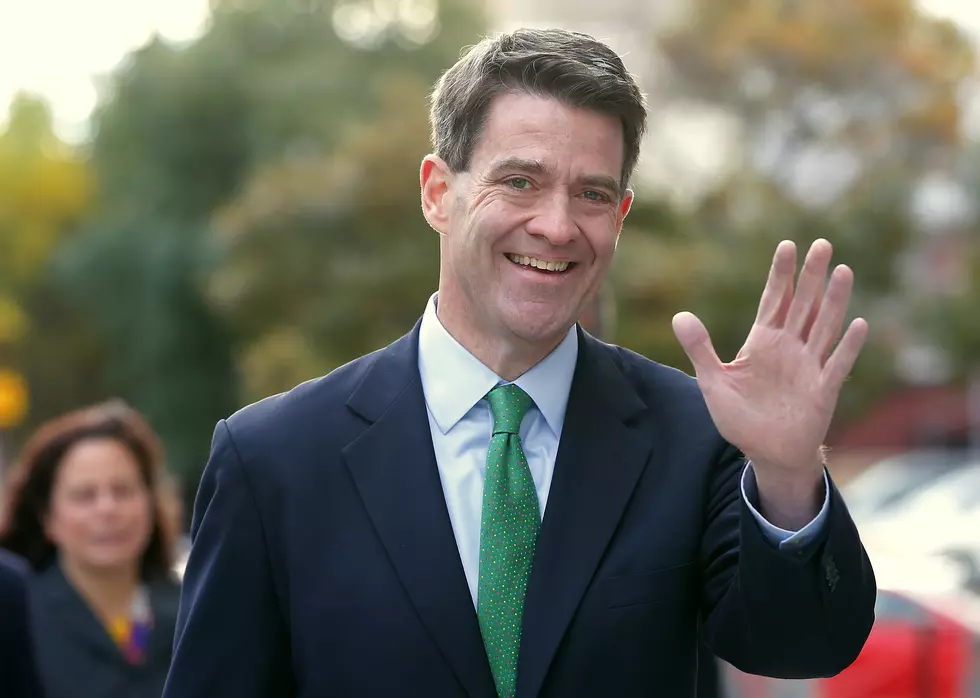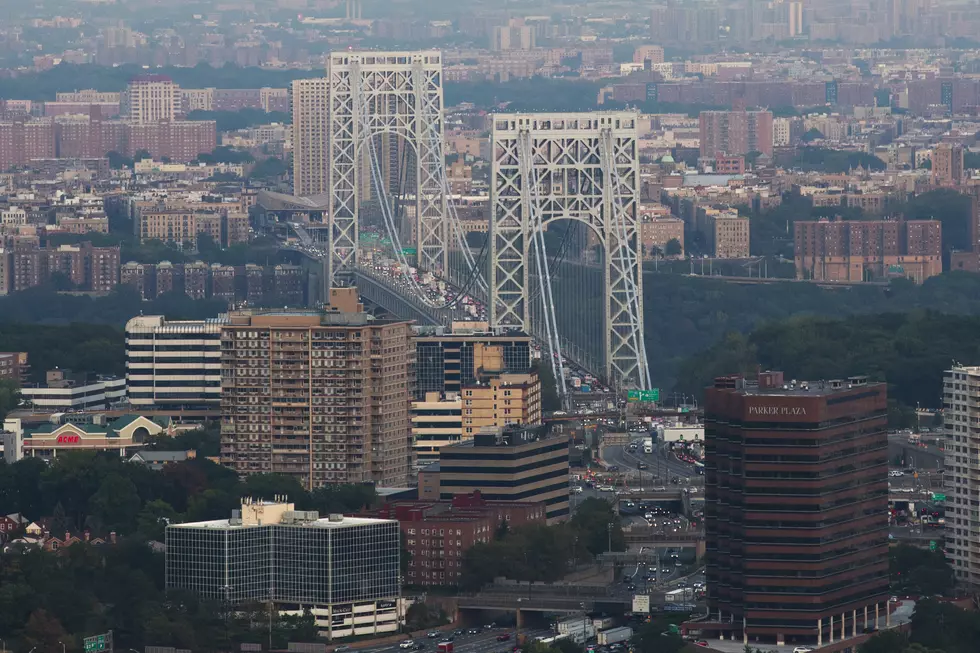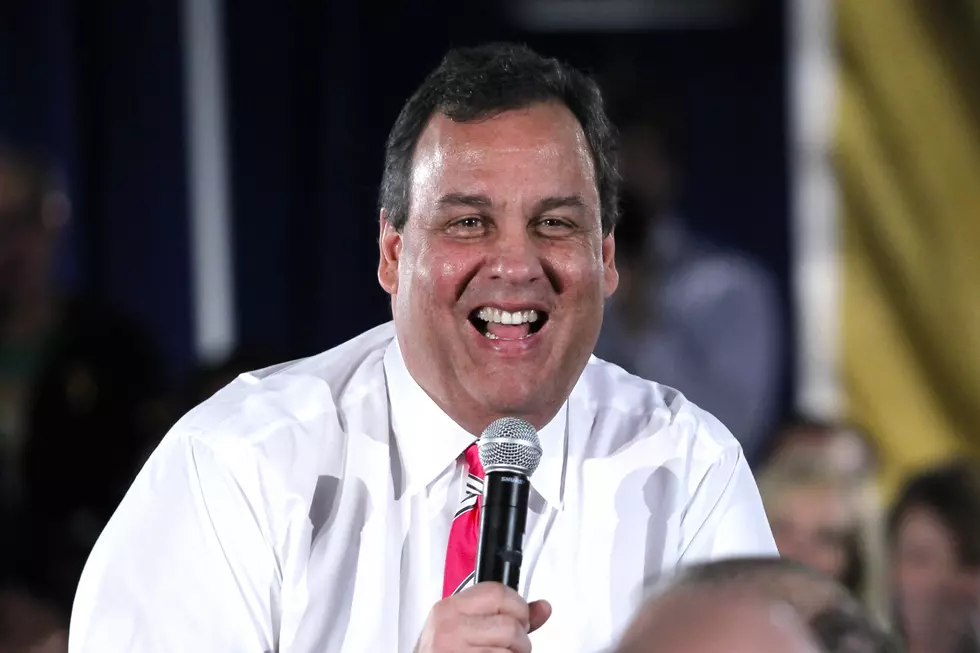![Bridgegate: Should Anyone Go to Jail? [POLL]](http://townsquare.media/site/385/files/2014/01/bridge1.jpg?w=980&q=75)
Bridgegate: Should Anyone Go to Jail? [POLL]
Whether or not you view the scandal that enveloped the Governor’s second term as just so much theater or a true abuse of power – one thing seems to stand out.
Should anyone go to jail in what amounted to a traffic jam?
The fact is, it’s not so much the jam itself that should generate charges against seemingly guilty parties; but what coverup may have taken place in its wake.
I’ve said this before, and it bears repeating that I feel the Governor had no hand in the planning or execution of this. I can’t imagine what he would think he’d have to gain – unless you want to assume he was driven by total hubris.
Furthermore, who was the target. We seem to have an indication that it wasn’t the mayor of Ft. Lee, whose endorsement was supposedly not sought after.
Some have said that the target may have been State Senator Loretta Weinberg, whose district includes Ft. Lee.
The reasoning behind that would be her supposedly blocking the Governor’s recent nominee to the State Supreme Court.
But in the end someone will pay.
The George Washington Bridge traffic jam that was apparently engineered by allies of Gov. Chris Christie as political payback could lead to criminal charges such as conspiracy or official misconduct, legal experts say.
Also, those involved in the lane closings could be charged with perjury or obstruction if they lied to or misled investigators or if they produced documents after the fact that were designed to thwart an investigation.
“To me, the most plausible course for a federal criminal investigation would be to see if there’s any cover-up,” said Rutgers University law professor Stuart Green, adding that under the law, the conduct being covered up does not have to be criminal in itself.
Federal prosecutors and both houses of the state Legislature are investigating the scandal, which broke wide open last week with the release of emails and text messages suggesting that a top Christie aide ordered the lane closings in mid-September to punish the Democratic mayor of Fort Lee, who did not endorse the Republican governor for re-election.
On Wednesday, a former federal prosecutor who helped convict former Illinois Gov. Rod Blagojevich of corruption, Reid Schar, was tapped to investigate the scandal for the state Assembly.
“A potential misuse of taxpayer resources for political purposes is a serious matter that requires an astute legal eye with experience in this realm to help guide the process,” said Assembly Speaker Vincent Prieto, a Democrat.
While the furor could haunt Christie’s expected run for president in 2016, there has been no evidence he had a role in the closings. But those who were involved could face conspiracy charges, according to Fordham University law professor Jim Cohen, who teaches a course in law and responsibility.
“The easiest criminal issue is conspiracy, and this was clearly a conspiracy among several people to accomplish an illegal purpose — the shutdown of the roadways not in accordance with whatever rules govern shutting down the roadways,” Cohen said. “And conspiracy is often breathtakingly easy to prove.”
New Jersey’s law on official misconduct could also be invoked, though Green said he couldn’t remember it being applied in a case like this.
New Jersey officials claimed in recent months the lane closings were part of a traffic study, and last week studies of the gridlock, complete with pictures, graphs and calculations of wait times and lost toll revenue, were made public by lawmakers investigating the scandal.
But an obstruction charge could be brought if it turns out the studies were ordered up in an elaborate attempt to conceal an act of political retribution.
Among the documents in the case is an August email from Bridget Kelly, Christie’s deputy chief of staff, to David Wildstein, a Christie ally at the Port Authority of New York and Jersey, which operates the bridge. Kelly wrote: “Time for some traffic problems in Fort Lee.”
“Got it,” Wildstein replied.
As the scandal unfolded, Wildstein resigned last month, as did former Port Authority deputy executive director Bill Baroni, a Christie appointee. Christie fired Kelly last week.
Through a spokeswoman, U.S. Attorney Paul Fishman declined to comment Wednesday on his office’s review of the case. Messages left with lawyers for Wildstein and Baroni weren’t returned, and it wasn’t known if Kelly had retained an attorney.
As for other legal repercussions, civil action is already underway: At least two lawsuits have been filed, one in state court by several livery car companies and three individuals, the other in federal court by several New Jersey residents.
Both accuse New Jersey officials of illegal activity in creating the traffic jams and seek unspecified damages.
The Governor has said, both in his press conference and at the outset of the State of the State address, that he takes full responsibility. I’m still wondering what ‘act of contrition’ the Governor will make to show us how he’s taking responsibility.
And who else's head will roll in all of this?
More From New Jersey 101.5 FM









